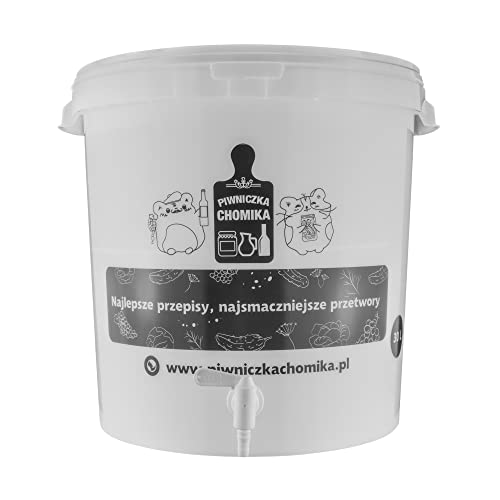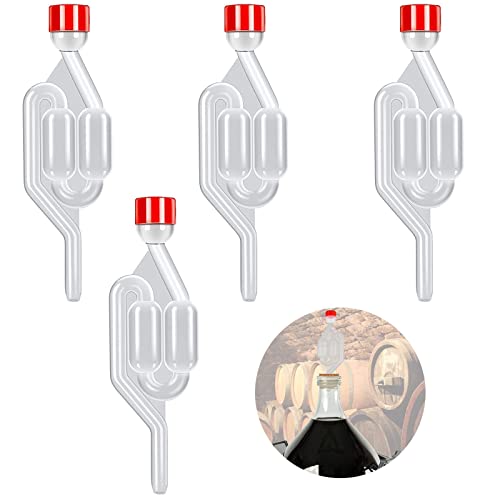RoboBrewBot5000
Active Member
Hello All, it seems after maybe 10-11 batches on my Klarstein mash/boil kettle, I have some across a problem.
I brewed an IPA on Sunday which tasted like Ash. The element at the bottom had a dark and heavily burnt on residue. I had to chuck the beer.
I cleaned the element using PBW (3 lots) and a steel scouring pad. Got almost all of the residue off minus a few very tiny specs. Good I thought.
As I had a big magnet dry hop ready to go for the first batch, I rebrewed this evening so I could reset the dry hop in the new brew.
Tonight I took care to stir during the ramp up to boil. Once on boil, I put some hops in a spider and my 0 minute addition in a bag to help utilisation and reduce hop particulates in the beer.
I left the unit set to 110 and selected the 1600w setting only which maintained a strong boil. I boiled for 75 mins total.
I had wanted to reduce the target temp from 110 to 100 but it seemed to keep cycling off so I left it on the 110. The read out temp during this time was 100.
I have cleaned off what burnt residue I can and just put some PBW in to soak overnight.
Do folks think this could be resolved by selecting the 100 setting after I've reached the boil so as to not boil too rigorously, or is there a possibility I may have damaged the stainless steel element using the steel scourer. I read earlier this could be bad. Does anyone have any similar experiences?
I should add, I don't think the crush on the grain was particularly fine, although for 15L I had about 3.8kg of grain.
I am concerned I may have caused a problem that will reoccur and may need to shell out for a new kettle.
Any thoughts/guidance greatly appreciated!
I brewed an IPA on Sunday which tasted like Ash. The element at the bottom had a dark and heavily burnt on residue. I had to chuck the beer.
I cleaned the element using PBW (3 lots) and a steel scouring pad. Got almost all of the residue off minus a few very tiny specs. Good I thought.
As I had a big magnet dry hop ready to go for the first batch, I rebrewed this evening so I could reset the dry hop in the new brew.
Tonight I took care to stir during the ramp up to boil. Once on boil, I put some hops in a spider and my 0 minute addition in a bag to help utilisation and reduce hop particulates in the beer.
I left the unit set to 110 and selected the 1600w setting only which maintained a strong boil. I boiled for 75 mins total.
I had wanted to reduce the target temp from 110 to 100 but it seemed to keep cycling off so I left it on the 110. The read out temp during this time was 100.
I have cleaned off what burnt residue I can and just put some PBW in to soak overnight.
Do folks think this could be resolved by selecting the 100 setting after I've reached the boil so as to not boil too rigorously, or is there a possibility I may have damaged the stainless steel element using the steel scourer. I read earlier this could be bad. Does anyone have any similar experiences?
I should add, I don't think the crush on the grain was particularly fine, although for 15L I had about 3.8kg of grain.
I am concerned I may have caused a problem that will reoccur and may need to shell out for a new kettle.
Any thoughts/guidance greatly appreciated!






































![BREWING THERMOMETER STICKERS ACCURATELY MONITOR FERMENTING BEER & WINE LIQUID TEMPERATURES 5PCS HOME BREW SPIRITS WINE LCD ADHESIVE [US]](https://m.media-amazon.com/images/I/311DDjo2X3L._SL500_.jpg)

